Munich, or München, is one of the most well-known cities in Germany, and for a good reason. It’s a gorgeous city, rich with tradition and history, incredibly green, a lovely place to live, and home of the Oktoberfest.
This guide will help you to discover what living in Munich as an expat is like and whether the city can become your perfect home abroad.
Is Munich a good place to live?
Munich is certainly a lovely place to live.
It’s a thriving international city where you can find all the typical German stereotypes such as Lederhosen, beer, Dirndls, pretzels, and other symbols representing a truly German lifestyle.

It’s safe, cosmopolitan, and clean. You will find this to be true for most Bavarian cities.
Munich is lovely because it’s a city in the traditional sense, but the atmosphere is quite cozy.
From Marien Platz to the Englischer Garten, you are sure to fall in love with this beautiful city and the opportunities it has to offer.
Munich is a great fit for professionals, families, and those looking to retire as well (provided you have enough saved to afford rental costs).
Munich is home to the headquarters of BMW, Siemens, Google, Microsoft, and many more global companies. The job opportunities for professionals are seemingly endless.
There are amazing opportunities in business, art, tourism, technology, culture, finance, and more.
Regardless of which industry you’re interested in, your chances of finding employment in Munich are high, even higher if you can speak a bit of German.
Is it expensive to live in Munich?
Munich, compared to many other big cities in the world like New York City or London is not “expensive” to live in per se. However, in terms of the cost of living compared to other cities in Germany, Munich is very expensive.
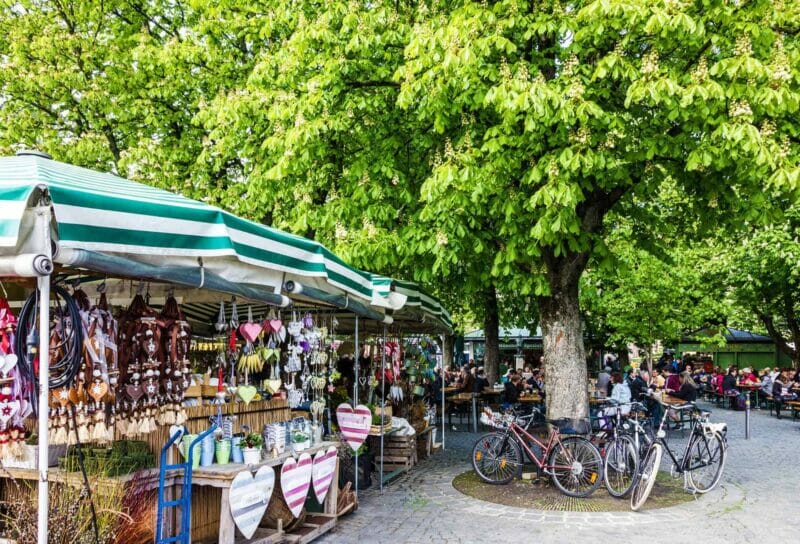
The average rent for a one-bedroom apartment in the city center is around €1500, and outside of the city center, you will still pay around €1000.
If you’re fine with having roommates and want to rent a private room in a shared flat, expect to pay around €650-700.
The German approach to renting and rentals might differ from what you are used to in your home country. Our Renting In Germany guide will help you cope with the quirks of the German rental process.
Here’s a breakdown of the average costs for other necessities and leisure activities in Munich:
Going out for lunch will run you about €13-15s, grabbing a meal at McDonald’s will be about €9, and dinner for two will cost you €50 and above.
Grocery shopping is, of course, a much cheaper alternative to going out. Groceries for one will cost about €50-70 a week. Aldi is a great grocery store to keep in mind if you’re on a budget!
Utilities: starting from €100 depending on the size of your home
Cappucino: €3.30
Gym membership: basic €25+, luxury €80+
Internet: €35+
Phone contract w/major provider (i.e., T-mobile, O2): €9.99-30 (pre-paid like Alditalk can be cheaper)
Beer at a restaurant/café: €4
Cocktail at a restaurant: €8+
Overall, I wouldn’t say Munich is an expensive place to live, but it’s certainly not cheap. However, luckily the salaries in Munich tend to match the high cost of living. So don’t worry too much!
How much do you need to live comfortably in Munich?
Considering the cost of rent and utilities, groceries, phone bills, health insurance, leisure activities, and other daily costs, I would say €2500 after monthly taxes would be a good income to live a comfortable life in Munich.
Keep in mind that taxes in Germany are quite hefty, so you’ll need to be making a salary of about €50,000 per year to earn this amount after taxes.
Can you survive in Munich without speaking German?
Yes, you can definitely survive in Munich without speaking German, but it won’t be fun.
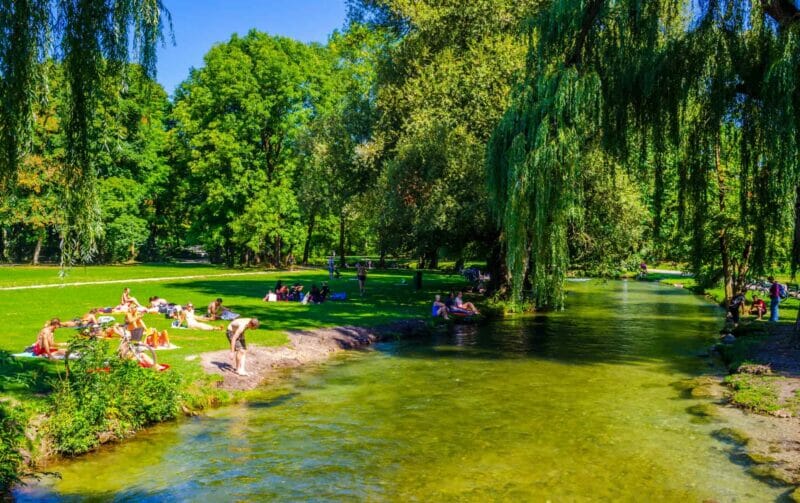
Having a bit of basic German under your belt will make life much easier, especially when it comes to German bureaucracy and making German friends.
Additionally, being a young professional and speaking German at least at an intermediate level will really increase your job prospects!
However, it’s completely doable to move to Munich without speaking German; enough Germans speak English for this not to be a problem.
Is Munich expat-friendly?
Munich is very expat-friendly. Over 35% of the population of Munich has a foreign background.
The expat community in Munich is large! There are several universities in Munich as well, which means there are bound to be lots of international people around.
However, I will say expats tend to be friends mostly with other expats. If you want to make German friends, you’ll have to work a bit harder at it.
Education in Munich
If you have children, you will find that the schooling opportunities in Munich are vast. Whether you want your child to get an international baccalaureate, attend boarding school, or attend local Bavarian schools, the possibilities are there.

Additionally, Bavarian schools are well known for their excellence, so you don’t have to worry about whether or not your child is getting a suitable education.
Following graduation, your children will be able to attend public universities in Germany for almost no cost at all.
I personally had the opportunity to attend university for my masters in Germany for less than 200 euros a semester, and this includes a public transportation ticket!
Living in Munich – the pros and cons
The advantages of living in Munich:
- Munich is incredibly safe
- Good public transport
- Munich is well connected, so both international and home travel is easy.
- There’s so much to do in Munich! Museums, shopping, markets – you will never run out of entertainment.
- Outdoor life is amazing. There are so many parks, hiking trails, and nature attractions here.
- The city is very clean and well-kempt
The disadvantages:
- A lot of shops close on Sunday.
- Bavarians can be very hard to befriend.
- Customer service and variety of cuisine are lacking.
- The cost of living is high.
- German bureaucracy- ugh!
- The weather can be a letdown, especially if you’re from sunny Atlanta like me. It’s very rainy and cold here, but summers are usually a lot better and something to look forward to.
- Parking is a hassle!
The best areas to live in Munich
There is a good choice of very noteworthy neighborhoods in Munich from Glockenbachviertel to Garching; you are sure to find an area to suit your lifestyle.
Let’s go over a few to get you started.
1. Bogenhausen

Bogenhausen is one of the most prestigious and upscale areas to live in Munich. Its narrow lanes and pretty buildings are a draw for more affluent expats and locals.
Here you can rent or buy a lovely house with a massive garden and live almost a countryside-like life while being in the city. Or opt for a lovely and spacious apartment in one of the many pretty buildings in the area.
The huge perk of the area is that, as a resident, you get access to the banks of the river Isar and the beautiful walks that go along the river. Oh, and the English Gardens are very close too.
2. Schwabing
It is a very popular neighborhood among students. It’s very close to Ludwig Maximilian University Campus, The Technical University of Munich, and the Munich Academy of Fine Arts. It is north of the Altstadt city center, well known for its historic architecture, and easily bikeable. Psst..it’s the “Hipster” quarter of Munich.
3. Maxvorstadt
It is an amazing neighborhood for young professionals and is surely the place to be if you want to be in the center of the hustle and bustle.
Finding a flat here is super difficult because of its popularity, so make sure to plan as far in advance as possible if you want to move here.
Maxvorstadt is full of charming cafes, art galleries, and small businesses as well.
4. Giesing
Giesing is another great neighborhood to keep in mind. It’s located on the Isar River just outside of the city and is home to a large expat community.
It is well known for its village feel and many small local pubs. It’s suitable for families as well, and the rent is much more affordable due to its distance from the city center.
5. Garching
Garching is a great town to consider if you want to get away from the business and high rental fees in Munich’s city center but still want to be relatively close to Munich. Garching is about 30 minutes away from the city center.
It is a university city but has much less nightlife than other neighborhoods. Don’t worry; you’ll still find all of the necessary shops and restaurants.
6. Haidhausen
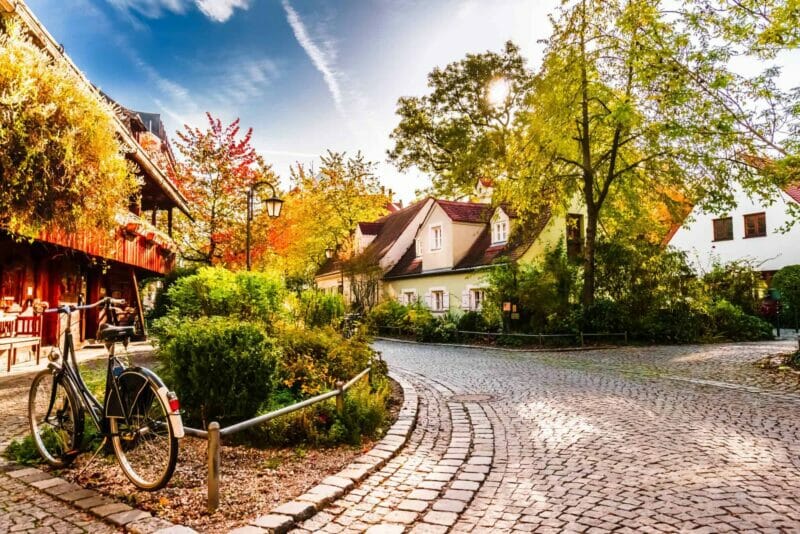
It’s a thriving area full of lovely bars, cafes and restaurants. Food and beer lovers will enjoy living here, but it is also perfect if you are a great fan of live performances and music.
There are some great performance venues, such as the Gasteig cultural center, where the Munich Philharmonic orchestra performs.
Areas to avoid
There are only a few areas I’d say you really should avoid in Munich, but I would steer clear of the areas near the Hauptbahnhof- or the main train station, especially at night! Other areas to consider avoiding are Milbertshofen and Hasenbergl.
However, with that being said, Munich is overall a very safe city, and you shouldn’t have to worry too much about any dangerous areas.
Does Munich have good public transport?
Munich public transport is efficient and convenient.
You can use the underground (U-Bahn), suburban trains (S-Bahn), trams, and buses.
Ticket prices are based on zones and distance of trips. A single, one-way ticket starts at €1.40 EUR and can go up to €10.80 EUR for longer rides.
Students in Munich can buy an additional public transport ticket for an additional €209.30 per semester (on top of the regular mandatory fee of €72 for a much more limited semester ticket), which is valid on all public transport in the entire MVV network.
There are other deals for non-students as well, such as the Isarcard, which starts from €59.10 a month.
Tips on living in Munich
- Invest in good winter clothing- boots, jackets, etc.
- If you plan on staying long term, try to learn at least a little bit of German- the locals really appreciate it.
- Keep a positive attitude about the bureaucracy. Sometimes it just won’t make any sense, but it’s a necessary evil. (Even the Germans grow tired of it).
- Explore! Check out the Eisbach in the Englischer Garten, visit the Christmas markets at Marienplatz, and play some Köcherlball at the Chinerischer Turm in the Englischer Garten.
- Invest in a good bike! Biking is a very popular and cheap alternative to using public transportation.
- If you can’t speak German, take a German-speaking friend who can help with the red tape you might face in Germany.
- Last but not least, have FUN!
The best piece of advice I can give you as a fellow migrant/expat is to learn to appreciate even the most frustrating aspects of German culture. Things that I hated when I moved to Germany in 2019 are now things that I’ve grown to adore.
Soak it all in and enjoy every moment.
Moving abroad is something that a lot of people will never experience in their lives, so take it one day at a time, be patient, and be gracious. You will become so fond of this city. You’ll start to wonder why you didn’t move sooner!
Final thoughts on living in Munich
Living in Munich is an amazing opportunity, to say the least. The city is rich with history, cultures from all around the world, and so much more.
While rent is certainly not a bargain, the beautiful city, amazing nightlife, and the community more than make up for it. Whether you settle down in Schwabing or opt for a quieter option like Garching, I am sure you will fall in love with this city.

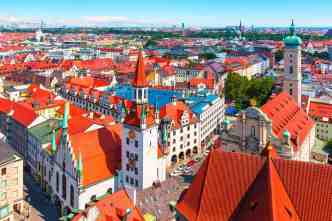
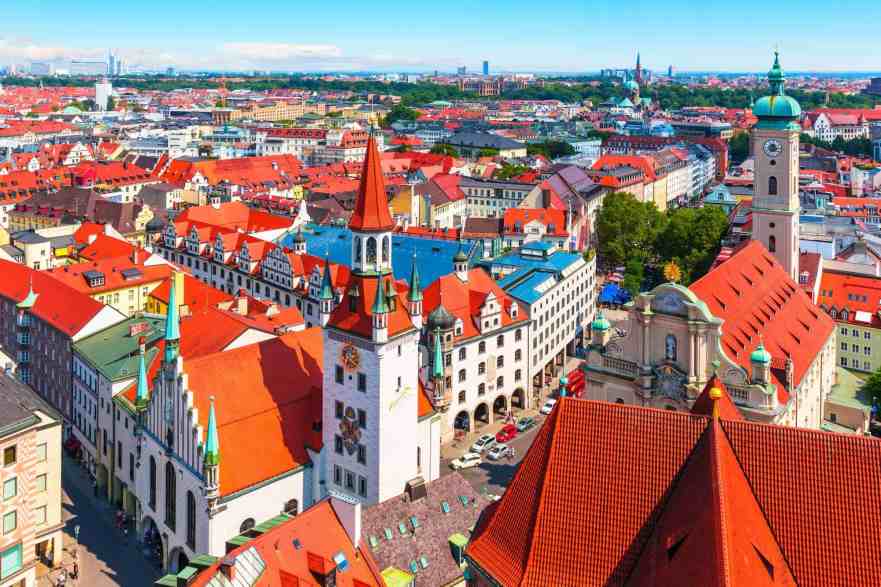
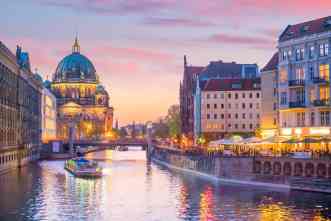
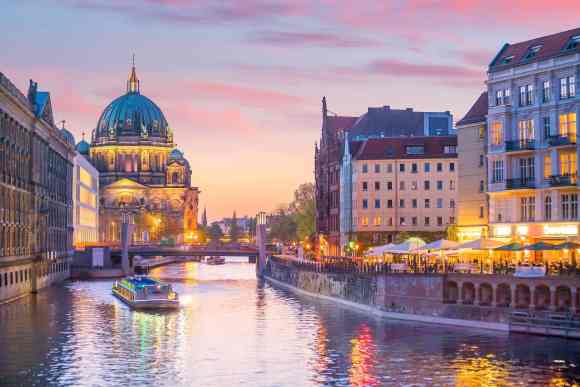
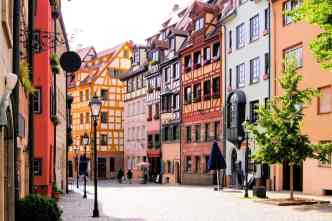
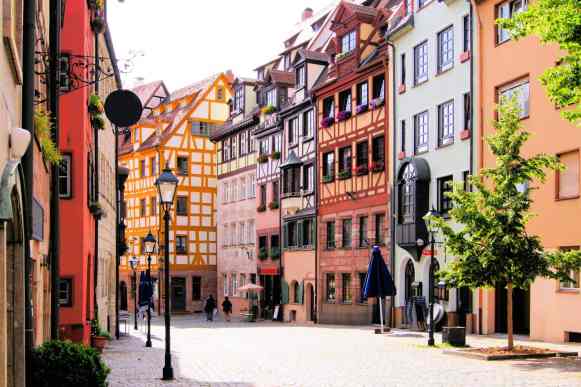
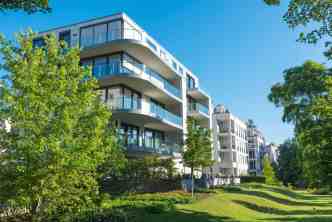
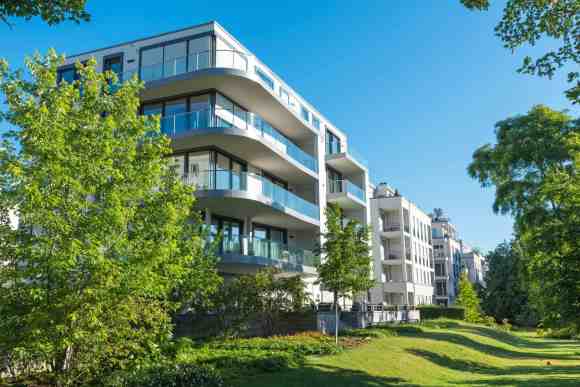



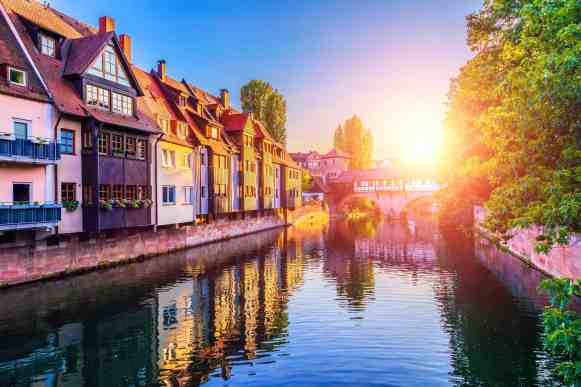

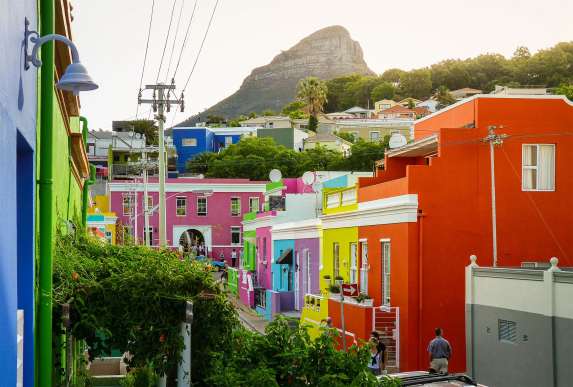
Hi Kate,
great article!
Having grown up here and being quite close to your home culture, you hit the overall vibe pretty well! (That’s a great compliment from Bavarian!)
In good German Tradition 😉 I will have to add something:
The Zugspitze” Germany’s highest mountain is only about 45min south of Munich.
Oh and Yes: Lederhosen, Dirndl, Beer and Pretzels are Bavarian Traditions! …the rest of Germany only piggy backs on us 😉
Really helpful article for those considering this fabulous city!
Great article!!! Full of great information.